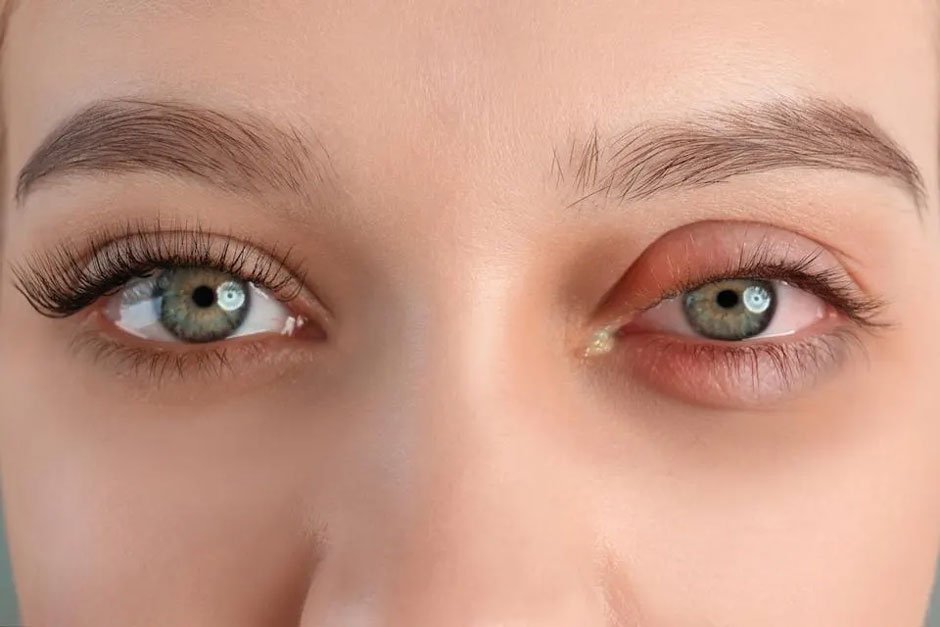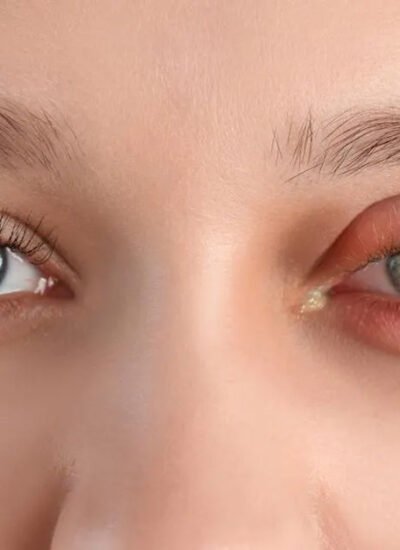 Many people experience histamine intolerance and, in severe cases, histamine allergies. In varying degrees, these issues result from the immune system’s overreaction to histamine, a chemical found in foods. When there is a deficiency in specific enzymes, the body may have trouble breaking down the chemical, and there can be an increased level of histamine produced by the body. When allergies emerge, a myriad of symptoms can arise, including itchy, watery eyes, a runny nose, congestion, headaches, and digestive upsets.
Many people experience histamine intolerance and, in severe cases, histamine allergies. In varying degrees, these issues result from the immune system’s overreaction to histamine, a chemical found in foods. When there is a deficiency in specific enzymes, the body may have trouble breaking down the chemical, and there can be an increased level of histamine produced by the body. When allergies emerge, a myriad of symptoms can arise, including itchy, watery eyes, a runny nose, congestion, headaches, and digestive upsets.
Some people experience relief when avoiding certain foods that contain high levels of histamine; antihistamine medication may also serve to support those with histamine intolerance and allergies. When histamine allergies occur in the eye, this is called “allergic conjunctivitis,” and it is the result of the eye’s reaction to allergens that trigger a histamine response. Symptoms like localized itching, swelling, and redness can occur.
Unlike histamine allergies triggered by foods, common triggers of eye-related histamine reactions are pollen, smoke, pet dander, and dust. Perfumes, strong fragrances, and eye drop preservatives can cause irritation and result in a histamine reaction. In many cases, eye allergy reactions coincide with nasal allergies. In this article, we take a look at antihistamine eye drops and the signs of eye allergy triggers and symptoms. Read on to learn more.
Signs Antihistamine Eye Drops May Be Needed
Eye allergy symptoms can range from mild to severe, with eye redness, burning, and light sensitivity as hallmark symptoms of allergic conjunctivitis. You may need antihistamine eye drops if you are experiencing these symptoms along with itching, swelling, or tearing in the eye. When the body recognizes that an allergen has entered the eyes, the body releases histamine, resulting in the swelling of blood vessels that brings on these allergy symptoms. If you are experiencing these symptoms, along with other, more severe symptoms like blurred vision, it is advised to go to your doctor for treatment recommendations.
You may be in need of eye allergy treatments like antihistamine eye drops. Additional suggestions may be made by your doctor to treat flare-ups based on the severity of the histamine reaction, including the use of other medications that can reduce inflammation, like over-the-counter drops for additional relief.
Eye Allergy Triggers
Common eye allergy triggers people experience include seasonal allergens (reactions to pollen, grasses, or ragweed). Spring is a prime time for these triggers, as this is when these irritants are most prevalent. Indoor allergies are also likely, particularly from pet dander, dust mites, and mold. It is also possible to come into contact with airborne irritants, including wildfires or cigarette smoke, which can increase the severity of symptoms. Other eye allergy triggers that may call for antihistamine eye drops include cosmetics and chemicals from perfumes, as well as those in eye drops, like preservatives.
When To Use Them
If your doctor puts you on allergy eye drops or recommends over-the-counter alternatives, inquire about the best times to use the medications to treat your symptoms. Typically, the best time to use your antihistamine eye drops is when you’re experiencing symptoms and when it’s prime allergy season. If you know you’ll be staying in an indoor or outdoor environment with dust, pet dander, or other conditions that may trigger your allergies, take precautionary measures and ask your doctor about the best times to apply your drops.
If your other remedies are not helping you, antihistamine eye drops may be a necessary solution. Ask your doctor about the best types of drops to use if you wear contact lenses. Not all allergy eye drops are compatible with contact lenses. Additionally, some antihistamine medications can dry out the eyes and worsen allergy symptoms. It may take some trial and error before finding the right eye allergy treatment.
Tracking Your Symptoms And Talking To Your Doctor
To determine when to use antihistamine eye drops, you’ll need to get familiar with your triggers and the symptoms you experience. It may be helpful to keep a log of your symptoms and when they arise for reference. Reach out to an eye doctor for their input on the best approaches to find relief of your symptoms and whether antihistamine eye drops may be a wise choice for your needs.
*** This article is for entertainment purposes only and is not medical or informational advice.





Leave a Reply